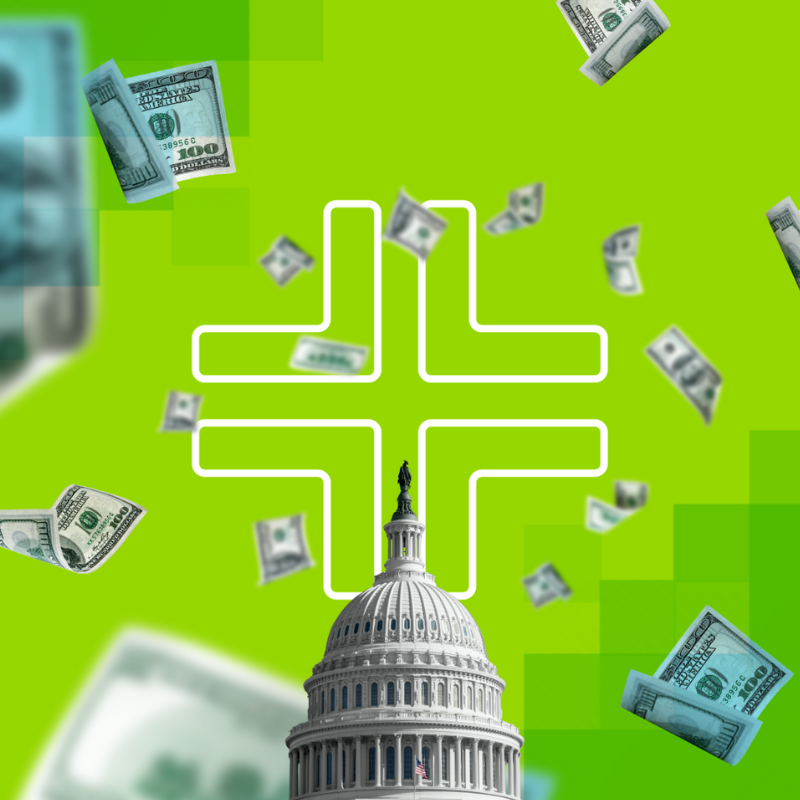The One Big Beautiful Bill Act (OBBBA) was signed into law by President Donald Trump on July 4, 2025. It includes provisions impacting businesses and individuals.
OBBBA Individual Tax Provisions
Here is a look at provisions in the OBBBA that impact individual taxpayers:
- Tax rates: The rates adjustments under the Tax Cuts and Jobs Act (TCJA) are made permanent. The seven-bracket structure will remain in effect, with the highest tax rate staying at 37%.
- 529 Plans: Under the current law, expenses were limited to higher education and $10,000 for K-12 education. The new bill increases the limitation to $20,000 for taxable years beginning after December 31, 2025. The bill provides that for students attending an elementary school or secondary public, private or religious school, qualified expenses for the 529 plans include:
- Tuition, curriculum and curricula materials, books or other instructional materials, online education materials.
- Tuition for tutoring or educational classes outside of the home, including at a tutoring facility, but only if the tutor or instructor is not related to the student and is licensed as a teacher, has taught at an eligible education institution or is a subject matter expert.
- Fees for a nationally standardized norm-referenced achievement test, an advanced placement examination or any examinations related to college or university admission.
- Fees for dual enrollment in an institution of higher education.
- Educational therapies for students with disabilities provided by a licensed or accredited practitioner or provider, including occupational, behavioral, physical and speech-language therapies.
The expansion of qualified expenses for the 529 plan applies to any distribution made after July 4, 2025.
- Tax-Free Savings Accounts for Minors (Trump Accounts): Effective for taxable years after December 31, 2025, the bill creates a new type of tax-preferred account, similar to individual retirement accounts. The accounts would be set up for the exclusive benefit of qualifying children. A pilot program will be introduced that provides a one-time $1,000 credit to an account for U.S.-born citizens between 2025 and 2029 from the federal government. Annual contributions are capped at $5,000, indexed annually for inflation, with an exception for contributions made by a tax-exempt entity. The OBBBA notes this is under further refinements.
- Qualified Business Income Deduction (QBI): The deduction remains at 20% and is now made permanent. Phase-outs for specified service trade or businesses (SSTB) receiving the deduction are increased, $150,000 and $75,000 for married filing joint and single taxpayers, respectively. One new item allows a minimum $400 deduction for taxpayers with at least $1,000 of QBI from an activity the taxpayer materially participates in.
- Excess Business Loss Limitation: This limitation was made permanent and will continue to be treated the same as enacted under the TCJA. Any excess business loss limitations will be carried forward as a net operating loss.
- Alternative Minimum Tax (AMT): The exemption increased under the TCJA has been permanently increased under the OBBBA. Although the exemption amounts remain the same, the phase-out rate increased to 50% from 25% under the TCJA. This may impact higher-income taxpayers.
- Itemized Deductions: The bill includes many changes to itemized deductions and Schedule A reporting. The main items are listed below:
- State and Local Tax (SALT) Cap: Under the TCJA, the SALT deduction allowed was limited to $10,000. Under the new law, the deduction is capped at $40,000. However, there is a phase-out of the deduction based on your Modified Adjusted Gross Income (MAGI). For individuals with MAGI over $500,000, the SALT Cap remains at $10,000. Until 2029, there will be indexes for inflation to both the SALT cap and the phase-out limitations. The SALT cap reverts to $10,000 in 2030. The bill does not impact the SALT limitation for pass-through entities as discussed in the earlier version of the bill.
- Mortgage Interest Deductions: These deductions will be permanently limited to $750,000 acquisition indebtedness for homes acquired after December 16, 2017.
- Auto Loan Interest: Personal interest was not allowed under the TCJA. Under the new bill, up to $10,000 of interest can be deducted on new car loans, but only if the final assembly occurred within the United States. The deduction is allowable up to the MAGI phase out of $100,000 single filers and $200,00 married filing joint filers, and no longer available to single taxpayers whose MAGI exceeds $150,000 ($250,000 for joint filers).
- Miscellaneous Itemized Deductions Subject to 2%: These deductions, which were suspended under the TCJA, will be permanently nondeductible, except for educator expenditures.
- Pease Limitation: The limitation was suspended under the TCJA, which previously limited itemized deductions for high-income taxpayers. The Pease limitation is replaced by a simpler uniform cap.All itemized deductions have a flat 2% reduction, i.e., yields a $0.35 tax benefit per $1 deducted for individuals who are in the 37% tax bracket.
There are also additional enhancements related to Sec. 1202 qualified small business stock and Sec. 1400Z-2 opportunity zones, which are covered in depth in additional articles.
Author: Nicole Angiuoli, CPA | [email protected]
Get the Latest Tax and Legislative Developments
Withum’s National Tax Policy and Legislative Updates Resource Center is your go-to source for timely updates on tax law and legislative changes. Our team is closely monitoring sweeping tax reform changes, shifting tariffs and tax industry updates, delivering in-depth analysis and actionable insights.
Contact Us
For more information on this topic, please contact a member of Withum’s Private Client Services Team.




